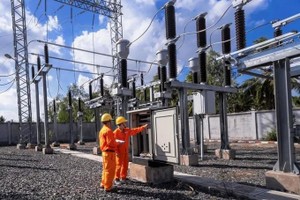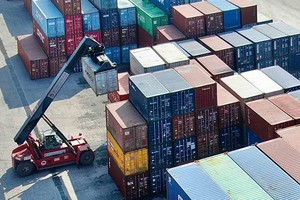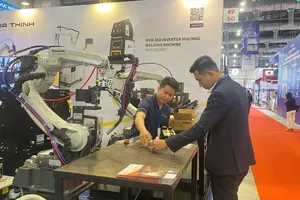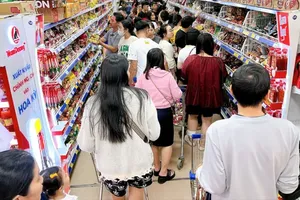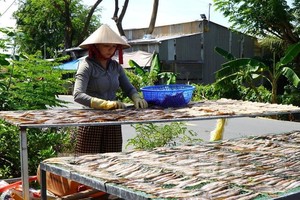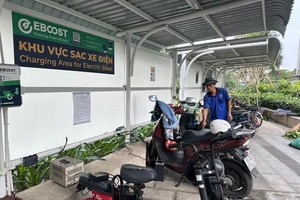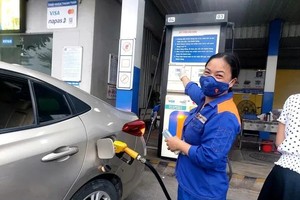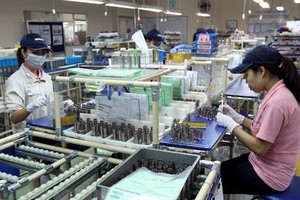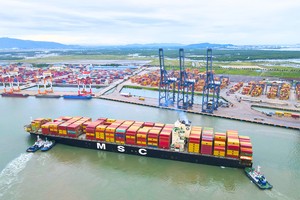Russian logistics companies are expanding rail and sea routes to boost Vietnam – Russia trade, with FESCO Transportation Group playing a central role through its project to develop Ho Chi Minh City port into a Southeast Asian transshipment hub.
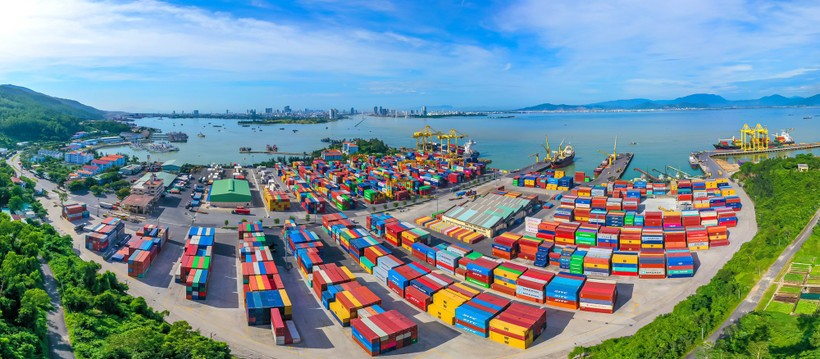
On the sidelines of the 10th Eastern Economic Forum held recently in Vladivostok, FESCO Deputy CEO for Logistics German Maslov said the sea route connecting Vladivostok with Vietnamese ports has proven highly effective after two years of operation, attracting strong interest from businesses in both countries.
Starting with one vessel, FESCO now runs three regular ships. In 2025, cargo volume carried between Vietnam and Russia rose 16 percent year-on-year, while goods from ASEAN are also being transshipped through Vietnamese ports.
Building on this momentum, FESCO recently opened new services from Vietnam to Saint Petersburg and Novorossiysk, enabling Vietnamese goods to reach all three of Russia’s largest ports. FESCO Deputy CEO for Logistics German Maslov affirmed that Vietnam has become an indispensable hub in the company’s logistics network.
Beyond Russia, Vietnam also serves as a key link in regional shipping services. FESCO operates routes connecting Vietnam with Malaysia, Indonesia, and Thailand. Thanks to this gateway, its cargo with Malaysia has increased by 66 percent, while trade with Indonesia has doubled, equivalent to thousands of containers. FESCO Deputy CEO for Logistics German Maslov described Vietnam as a “hub port” for ASEAN, boosting transport flows between Russia and the bloc. He added that FESCO has opened a representative office in Vietnam and is considering building warehouses, port terminals, and joint ventures.
Vietnamese Consul General in Vladivostok Nguyen Viet Kien noted that Russia's Far East, which accounts for nearly 40 percent of Russia’s territory, boasts huge potential in minerals, land, and seaports. Vladivostok is the gateway for trade between Asia and Russia, with direct connections to the Baikal-Amur and Trans-Siberian railways, allowing smooth domestic distribution nationwide, he said.
However, he acknowledged that trade with Vietnam remains modest, with turnover reaching only US$55 million in the first quarter of this year, of which 90 percent came from Vietnamese exports. On the investment side, Vietnam’s TH True Milk has launched a 4,000-hectare dairy farm near Vladivostok.
He stressed the need to view Vladivostok not just as a market but as a strategic gateway. Seizing this gateway would create favourable conditions to enter the Russian and broader Eurasian markets.
He added that the Far East is expected to receive stronger investment as Russian President Vladimir Putin announced new priorities for energy, transport, and urban development at the forum. This is the right time for Vietnamese enterprises to invest abroad, secure first-mover advantages, and establish a foothold in new markets, Kien suggested.
The diplomat affirmed that the Consulate General and Vietnam’s trade office in Vladivostok are ready to act as a bridge and provide support for Vietnamese businesses seeking to expand their presence










